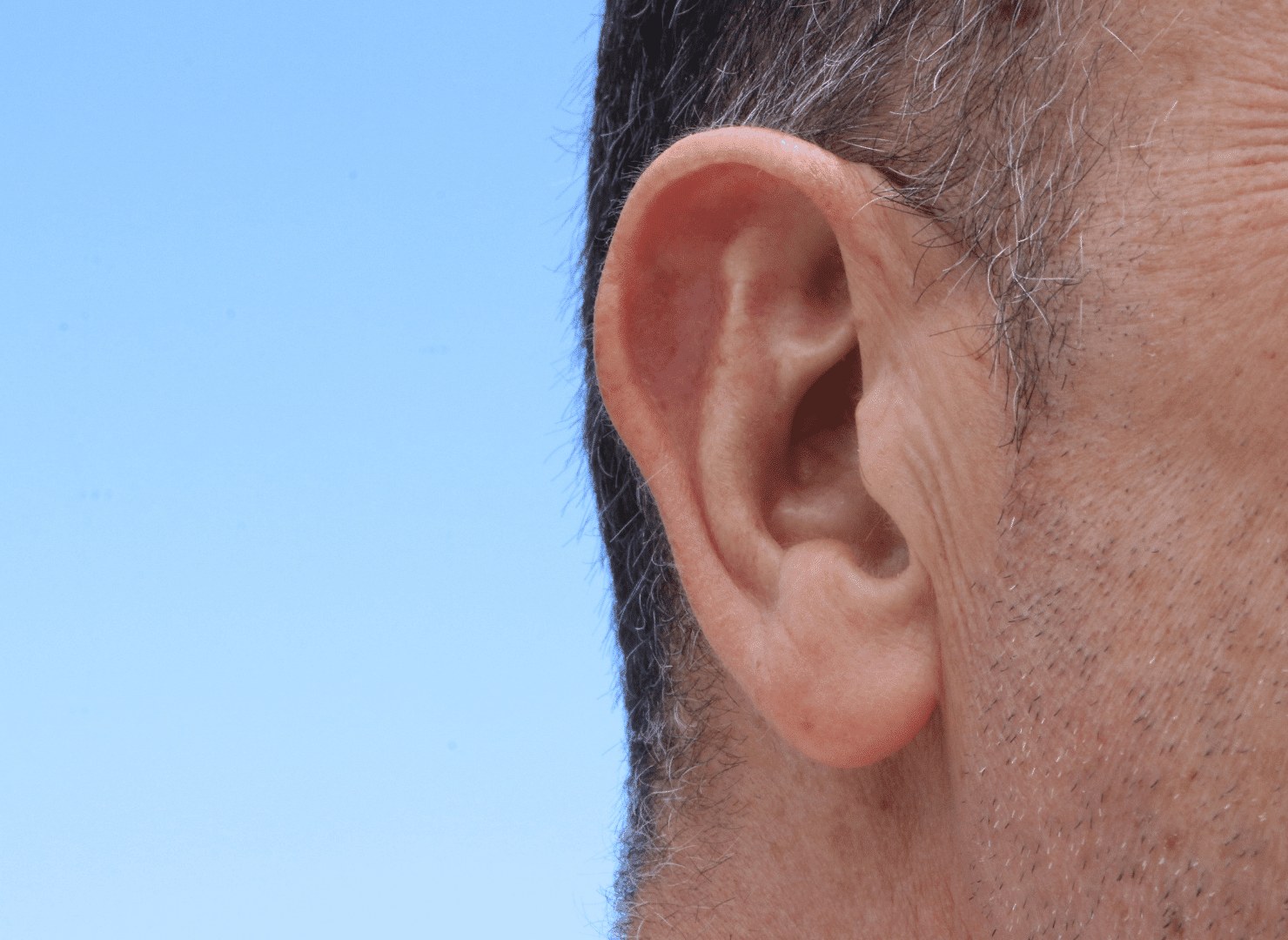There is a clear association between hearing and
cognitive health.
When a person starts to lose one of their senses, the brain does not work the same way it did before.
A
2011 study conducted by Johns Hopkins University found that older adults with hearing loss have a significantly higher risk for developing dementia than those who retain their hearing.
How Are Hearing and Memory Connected?
The exact reason behind the connection between hearing and dementia, which primarily manifests in memory loss, is still unknown.
However, researchers speculate the link may be due to the brain overworking itself to understand language. When you have hearing loss, your brain is working much harder to interpret the distorted sound signals it is receiving.
This brain strain could be contributing to cognitive decline and memory loss, as your brain is overwhelmed. Another hypothesized cause of dementia and memory loss is the lack of social interaction that often accompanies hearing loss.
People with hearing loss can find themselves living in social isolation, as they struggle to easily talk and connect with people. Lack of interaction with friends, family, and communities can lead to an under-stimulation of the brain and result in memory loss or other cognitive issues.
Hearing Aids vs Memory Loss
So, how can hearing aids help stop people from losing memory?
To put it simply, hearing aids help to continue brain stimulation that people with hearing loss might otherwise be losing. In addition to helping you hear, hearing aids help your brain remember the sounds that you’ve lost.
Over time, the auditory center of the brain begins to lose the memory of sounds it
no longer hears, such as high-pitched voices, bird songs, or rain. Wearing hearing aids can negate this type of memory loss, as the hearing aids continue to funnel sound signals to your brain.
If you start to use hearing aids as soon as you realize you have hearing loss, this will keep the brain functioning as normal and will result in less memory loss.
Language is an important factor for cognitive health and memory—it’s
been shown that people who speak multiple languages experience cognitive benefits and overall suffer from less cognitive decline than monolingual people.
One of the hardest struggles faced by people with hearing loss is slowly losing control of their spoken word and the words they hear. Wearing hearing aids allows people to continue to speak and hear as normally as possible, and to continue making those neural connections that are so important to maintaining good memory and brain health.
A 2015 study that was conducted over 25 years determined that people with hearing loss who did not wear hearing aids experienced significantly more cognitive decline—including memory loss—than those who wore hearing aids or those without hearing loss.
Wearing
hearing aids have numerous benefits, and staving off memory loss is just one of many! If you suspect that you’re developing hearing loss, it is best to get it diagnosed and treated right away so you can keep your brain happy and healthy.
By: Elena McPhillips




